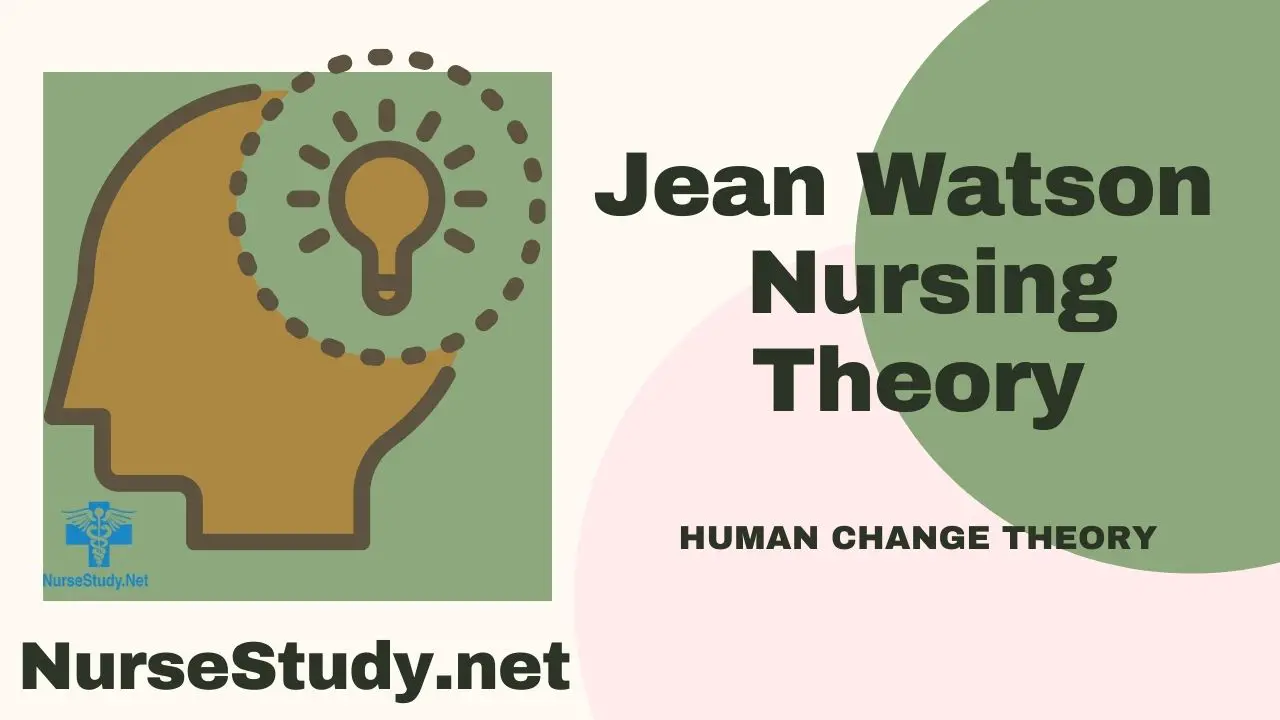Have you ever wondered why you feel a sense of fulfillment after comforting a distressed patient? Or why you chose nursing as a career path? If your answer is yes to either of these questions, you’re aligning with the principles of Jean Watson’s Nursing Theory.
The Evolution of Nursing Theory
Nursing has undergone a remarkable transformation over the past century. From its origins in religious orders to its current status as a respected profession with its own ethical standards and scope of practice, nursing has continually evolved. This evolution brought forth a fundamental question: What is the essence of nursing? Jean Watson, among other pioneering theorists, stepped forward to provide answers.
Understanding Jean Watson’s Nursing Theory
Jean Watson’s Theory of Human Caring posits that nursing is more than just a series of medical interventions. It emphasizes that human care is a crucial element that complements medical treatments in ways that technology and medications cannot.
Dr. Jean Watson, founder of the Watson Caring Science Institute and author of numerous books, introduced her caring theory in 1979. Her work has been so influential that she was named a Living Legend by the American Academy of Nursing in 2013 [1].
Core Concepts of Watson’s Theory
Watson’s theory is built on three main concepts:
- Human Dignity: Humans are to be respected, nurtured, and cared for holistically. They are complex beings, greater than the sum of their parts.
- Health: Defined as a state of high mental, physical, and social functioning, absence of illness, or efforts to reduce existing illness.
- Nursing: A profession that facilitates health experiences through scientific, personal, professional, and ethical interactions.
The 10 Caritas Processes
Watson’s theory evolved to include 10 Caritas Processes, which serve as a framework for providing holistic, compassionate care [2]:
- Practicing loving-kindness
- Being authentically present
- Cultivating one’s own spiritual practices
- Developing and sustaining helping-trusting relationships
- Supporting expression of both positive and negative feelings
- Creatively problem-solving for decision making
- Engaging in teaching-learning experiences
- Creating a healing environment
- Assisting with basic needs while preserving human dignity
- Opening to spiritual, mysterious, unknown existential dimensions
Applying Jean Watson’s Theory in Modern Nursing
In an era where artificial intelligence is increasingly present in healthcare, Watson’s theory underscores the irreplaceable nature of human care. Regardless of your nursing specialty, your work has a profound human impact.
You likely already incorporate elements of Watson’s theory in your practice through:
- Active listening
- Showing compassion
- Demonstrating emotional intelligence
- Practicing empathy
- Exercising patience
- Utilizing therapeutic communication
Real-World Examples of Watson’s Theory in Action
Example 1: The Cardiac Patient
Imagine a patient, Mr. Smith, recovering from a heart attack. Despite previous health education, he hasn’t made lifestyle changes. His nurse, Sarah, takes time to truly listen to him. She discovers he’s been struggling with loneliness since his wife’s passing. Sarah helps Mr. Smith find motivation to improve his health by showing genuine care and connecting him with support resources.
Example 2: The New Mother
Consider a first-time mother, Mrs. Johnson, who’s anxious about breastfeeding. Her nurse, Michael, patiently listens to her concerns, validates her feelings, and provides practical guidance and emotional support. This caring approach helps Mrs. Johnson gain confidence in her ability to care for her newborn.
Example 3: The Chronic Pain Patient
Ms. Garcia has been dealing with chronic pain for years. Her nurse practitioner, Lisa, takes time to understand how pain affects all aspects of Ms. Garcia’s life. By treating Ms. Garcia as a whole person, not just a set of symptoms, Lisa helps develop a comprehensive pain management plan that improves Ms. Garcia’s quality of life.
The Ongoing Relevance of Watson’s Theory
As healthcare becomes increasingly technology-driven, Watson’s Theory of Human Caring serves as a crucial reminder of the irreplaceable value of human connection in nursing. By integrating scientific knowledge with compassionate care, nurses can provide holistic healing that addresses not just physical ailments but also emotional and spiritual needs [3].
Moreover, research has shown that implementing Watson’s theory in healthcare settings can improve patient outcomes, increase patient satisfaction, and even reduce burnout among nursing staff [4].
Conclusion
Jean Watson’s Nursing Theory continues to shape the nursing profession, emphasizing the art of caring alongside the science of medicine. As you progress in your nursing career, remember that your ability to provide compassionate, holistic care is what truly defines you as a nurse. By embodying Watson’s principles, you can make a lasting impact on your patients’ lives, transforming healthcare one caring moment at a time.
References
- Watson, J. (2008). Nursing: The Philosophy and Science of Caring (Rev. ed.). University Press of Colorado.
- Watson, J. (2018). Unitary Caring Science: Philosophy and Praxis of Nursing. University Press of Colorado.
- Lukose, A. (2011). Developing a Practice Model for Watson’s Theory of Caring. Nursing Science Quarterly, 24(1), 27-30.
- Arslan-Özkan, İ., Okumuş, H., & Buldukoğlu, K. (2014). A randomized controlled trial of the effects of nursing care based on Watson’s Theory of Human Caring on distress, self-efficacy and adjustment in infertile women. Journal of Advanced Nursing, 70(8), 1801-1812.
